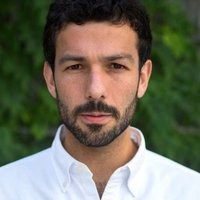Breaking Elgar’s Enigma
"And far from the ivory towers of music academia, mostly on his blog, Elgar’s Enigma Theme Unmasked, Bob Padgett has emerged as perhaps the most prolific and dogged of all Enigma seekers. His solution, which has caught the attention of classical music scholars, lies at the bottom of a rabbit hole of anagrams, cryptography, the poet Longfellow, the composer Mendelssohn, the Shroud of Turin, and Jesus, all of which he believes he found hiding in plain sight in the music".



